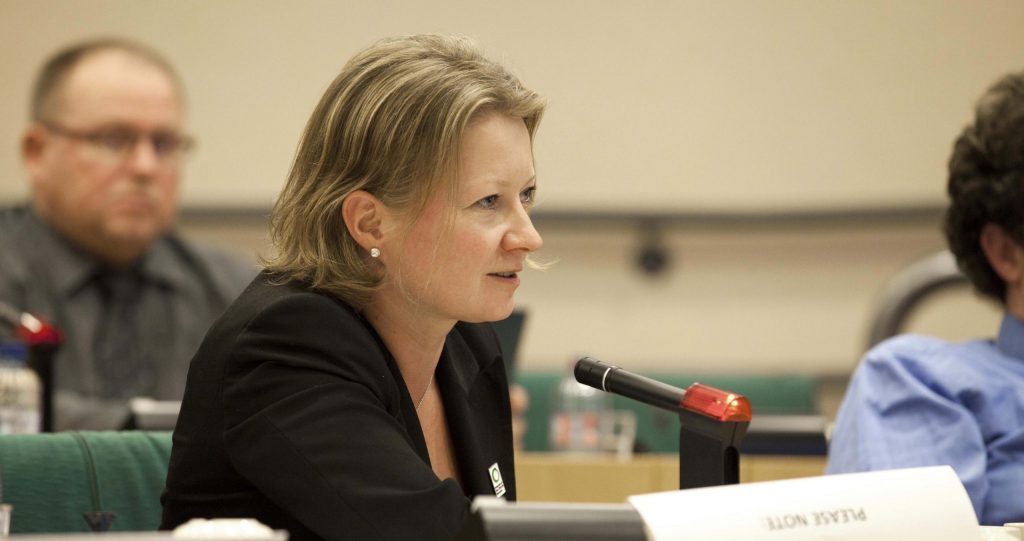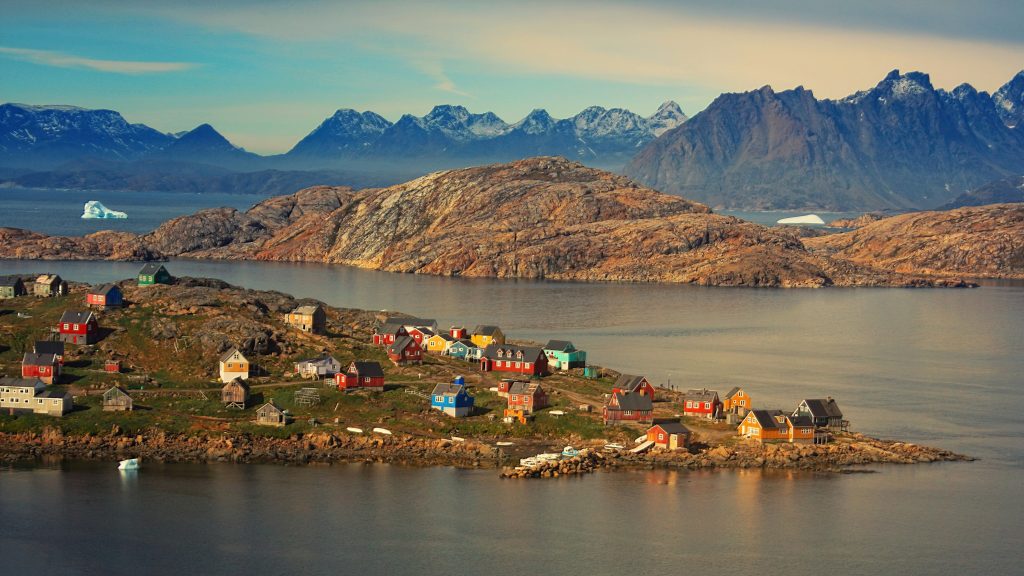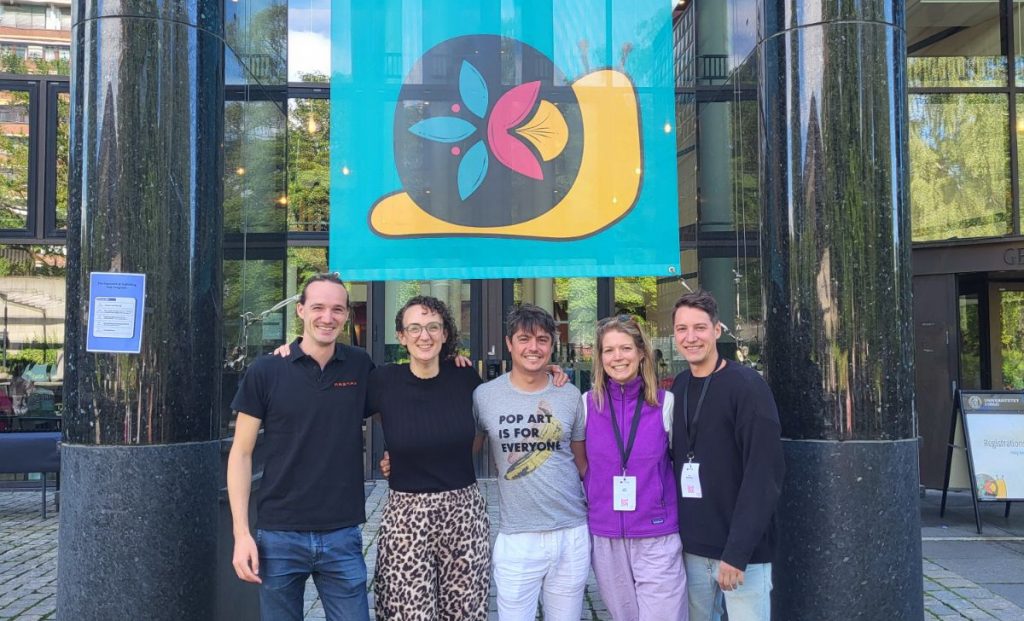By Gerben-Jan Gerbrandy and Magda Stoczkiewicz
Europe is on the verge of a global resource crunch, and it is far from ready to tackle it. Over the next two days the European Parliament will vote upon recommendations to improve Europe’s resource efficiency levels.The objective is to ensure that Europe maintains its prosperity in a resource-scarce world, while simultaneously building a better future for subsequent generations. But, will Parliament demand concrete actions that actually make a difference?
Europe’s use of resources has attracted increasing political attention due to the 147% increase in commodity prices since the turn of the century. This shock to the economic system comes after almost 200 years of uninterrupted price decreases. Europeans live in a relatively resource-poor continent, making us a net importer of all types of resources – including materials, land, energy and water.
Up until now we have enjoyed an almost uninterrupted supply of cheap, imported resources, with a total disregard for the environmental, social and economic impacts; now, as competition for resources grows, we are feeling the pressure.
Business as usual is no longer an option. Europe must start paying attention to its overall consumption of resources and how it measures and manages them. Some companies such as Unilever, Cargill, Danone, Carrefour and General Motors point to rising commodity prices as one cause for drops in profit margins.
Additionally, rice and wheat prices soared in late 2007 and early 2008, up 60% and 89% respectively, causing social unrest in many countries, from Egypt to Bangladesh. And according to the FAO and OECD food prices are expected to keep increasing the coming years.
The volatile prices of resources are here to stay. The worst case scenario would be a full-blown resource war between world powers to obtain the last resources available. This is not as far-fetched as one may think; the United States already banned the export of phosphor in the 1990s. Or take China, which put in place export restrictions on rare metals last year, and also keeps a strategic supply of cotton. Furthermore, some raw materials, such as coal, cannot be exported out of India at all. Resources and their supply are strategic, and will continue to be.
At first glance, you could say there is wide agreement in favour of increased efficiency in the use of resources – all EU member states embrace it. But, as soon as it affects concrete policy measures, member states back down due to vested interests. Minutes after embracing the European Commission’s Resource Efficiency Roadmap, European Environment Ministers voted against an improved collection of electronic waste, arguing that the burden would be too big for the retailers collecting the waste. Electronic equipment on the European market in 2005 contained an estimated total of seven tonnes of gold, worth around €328 million. Is this not worth recycling?
Better resource use not only benefits Europe in the form of economic savings, job creation and environmental protection, but also countries outside Europe where some of the impacts of our resource overconsumption have resulted in land grabbing, pollution and human rights breaches. The gains are too big and the costs too painful to remain inactive.
Contrary to popular belief, investing in resource efficiency does not require a vast amount of money. If done properly, the benefits will outweigh the costs for states, companies and citizens. Various reports have quantified the economic benefits of improving our use of resources, such as €27 billion savings for businesses in one year for the UK alone. In addition, the EU citizenship agrees overwhelmingly that using resources better is not difficult. However, it requires out-of-the-box thinking and a medium- to long-term vision.
A crucial first step is the robust measurement of the resources that we use in Europe – you cannot manage what you do not measure. The EU and its member states need to start measuring their water footprint, land footprint, material footprint and carbon footprint in order to start reducing them. This will increase our resilience to resource price fluctuations as well as contribute to our competitiveness. We also need to strengthen the recycling sector by stimulating the secondary materials market, using the materials we do have in plentiful supply in Europe: waste. Reform of our tax system is a prerequisite for better resource use and the benefits that follow such as job creation; in particular, we should prioritise a tax shift from labour to resources.
The good news is that all of these solutions create jobs in Europe, will benefit the environment by protecting our global resource base, and will be positive for the economy by creating savings and increasing economic resilience. So, what are we waiting for?
Gerben-Jan Gerbrandy is Member of the European Parliament and Rapporteur for a Resource Efficient Europe and Magda Stoczkiewicz is Director of Friends of the Earth Europe.







